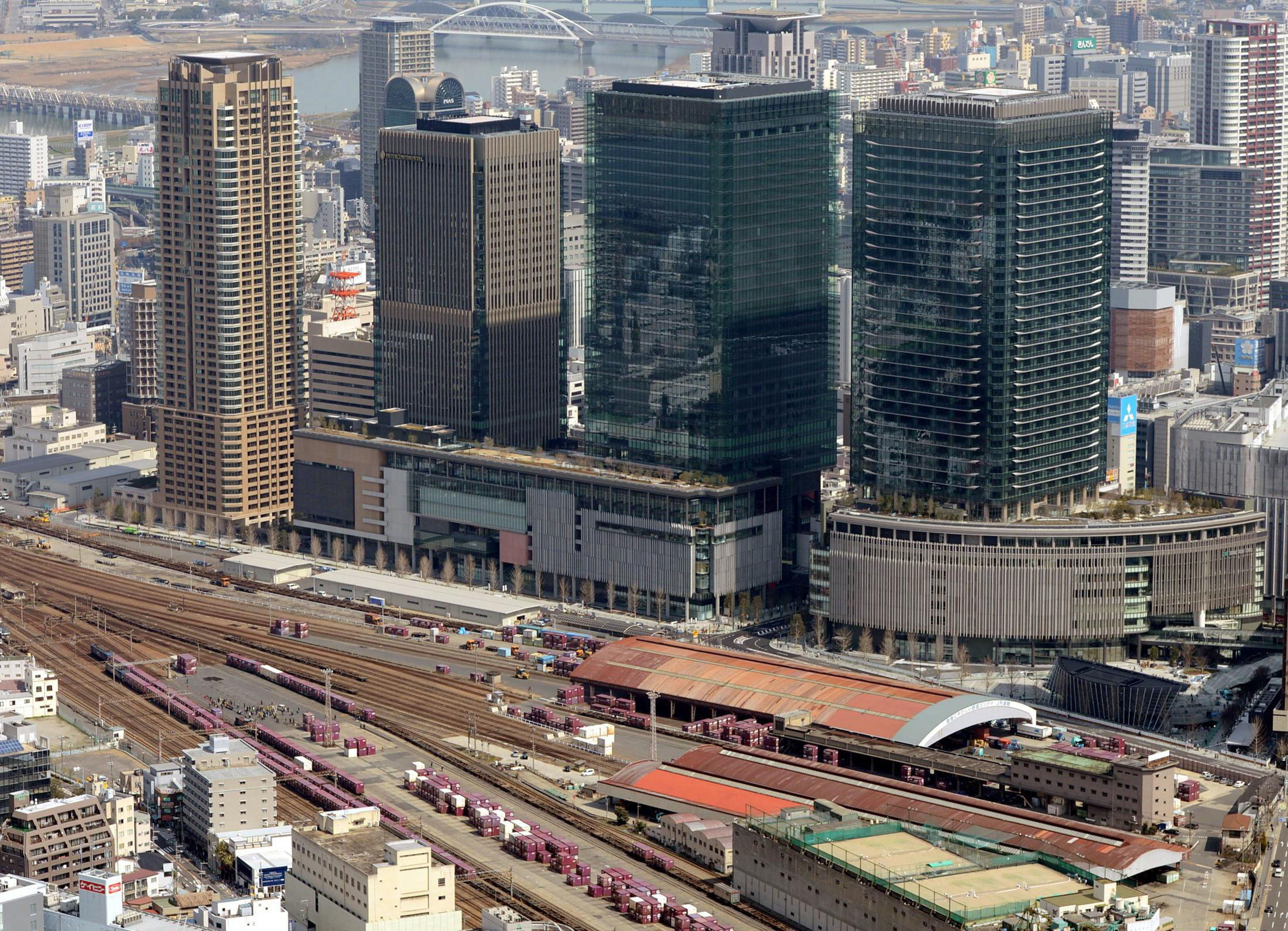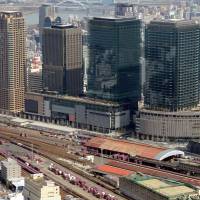Average land prices declined in the 12 months to Jan. 1 for the fifth straight year, but the decrease was less on average, and price hikes were seen at far more locations than in the previous year, the government said Thursday.
Residential land prices fell an average 1.6 percent against 2.3 percent in the previous year, while commercial land prices declined 2.1 percent against 3.1 percent, the land ministry said in an annual survey.
Locations posting price hikes quadrupled from the previous year to about 2,000 among a total of about 26,000 surveyed sites.
"Land prices have increasingly turned upward, mainly in major cities," said a ministry official.
Hopes for an economic recovery, which have risen since Prime Minister Shinzo Abe began implementing a growth-oriented economic policy when his Liberal Democratic Party took power in late December, might not have been reflected in land prices on Jan. 1, said the official.
"If the Abe government's economic policy leads to income and employment growth, it may trigger a full-blown land price recovery," said Yoshiki Kukino, a senior real estate consultant at Mizuho Trust & Banking Co.
In the three metropolitan regions of Tokyo, Osaka and Nagoya, an average land price fall was limited to 0.6 percent in residential areas against 2.5 percent in other regions and to 0.5 percent in commercial areas against 3.3 percent elsewhere.
Residential land price increases came at 1,501 locations, including 993 in the three metropolitan regions. Commercial land price rises were seen at 475 locations, including 334 in the metropolitan regions.
In the three prefectures that were hardest hit by the March 2011 earthquake and tsunami, land prices soared for upland residential locations.
A residential location in Miyagi Prefecture's Ishinomaki posted a 23.6 percent land price surge, the highest among residential sites nationwide. In Sendai, the center for postdisaster reconstruction, average residential and commercial land prices rose.




